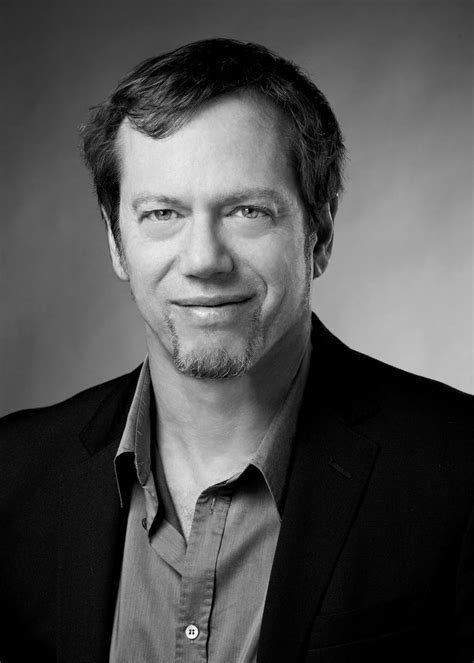A Quote by Thomas Carlyle
Statistics is a science which ought to be honourable, the basis of many most important sciences; but it is not to be carried on by steam, this science, any more than others are; a wise head is requisite for carrying it on.
Related Quotes
I do not ... reject the use of statistics in medicine, but I condemn not trying to get beyond them and believing in statistics as the foundation of medical science. ... Statistics ... apply only to cases in which the cause of the facts observed is still [uncertain or] indeterminate. ... There will always be some indeterminism ... in all the sciences, and more in medicine than in any other. But man's intellectual conquest consists in lessening and driving back indeterminism in proportion as he gains ground for determinism by the help of the experimental method.
Statistics is the most important science in the whole world: for upon it depends the practical application of every other science and of every art: the one science essential to all political and social administration, all education, all organization based on experience, for it only gives results of our experience.
It seems perfectly clear that Economy, if it is to be a science at all, must be a mathematical science. There exists much prejudice against attempts to introduce the methods and language of mathematics into any branch of the moral sciences. Most persons appear to hold that the physical sciences form the proper sphere of mathematical method, and that the moral sciences demand some other method-I know not what.
We are living in a society that is totally dependent on science and high technology, and yet most of us are effectively alienated and excluded from its workings, from the values of science, the methods of science, and the language of science. A good place to start would be for as many of us as possible to begin to understand the decision-making and the basis for those decisions, and to act independently and not be manipulated into thinking one thing or another, but to learn how to think. That's what science does.
Understanding human nature must be the basis of any real improvement in human life. Science has done wonders in mastering the laws of the physical world, but our own nature is much less understood, as yet, than the nature of stars and electrons. When science learns to understand human nature, it will be able to bring a happiness into our lives which machines and the physical sciences have failed to create.
Good science is more than the mechanics of research and experimentation. Good science requires that scientists look inward-to contemplate the origin of their thoughts. The failures of science do not begin with flawed evidence or fumbled statistics; they begin with personal self-deception and an unjustified sense of knowing.
We find sects and parties in most branches of science; and disputes which are carried on from age to age, without being brought to an issue. Sophistry has been more effectually excluded from mathematics and natural philosophy than from other sciences. In mathematics it had no place from the beginning; mathematicians having had the wisdom to define accurately the terms they use, and to lay down, as axioms, the first principles on which their reasoning is grounded. Accordingly, we find no parties among mathematicians, and hardly any disputes.
Science merely amplifies the capabilities of human beings. Science gives us the ability to do ill and to do good more than we had, and to question science in this respect is like questioning whether people ought to have two hands or just one, because with two hands they could do more evil than they can with just one.









































